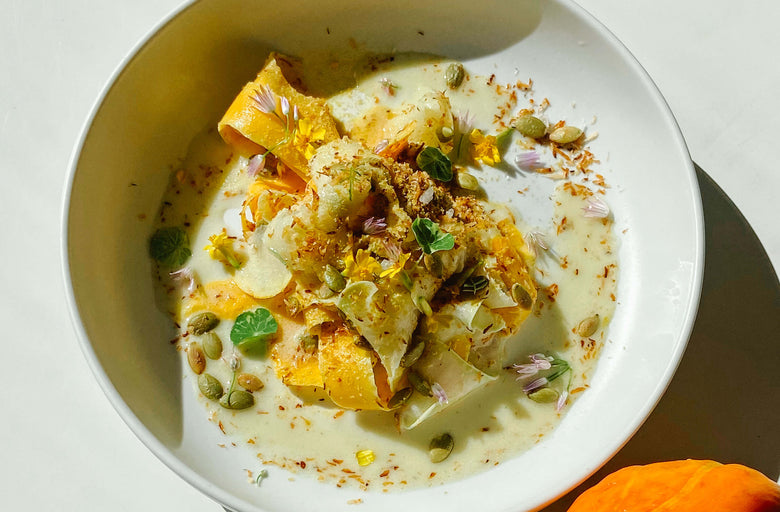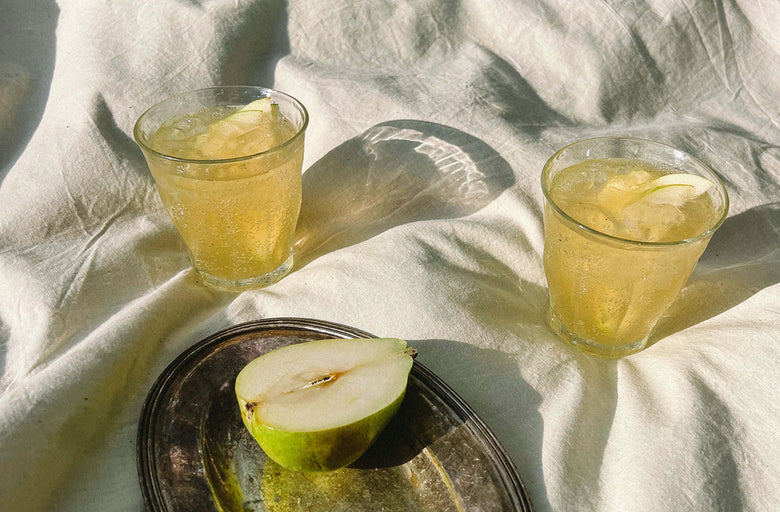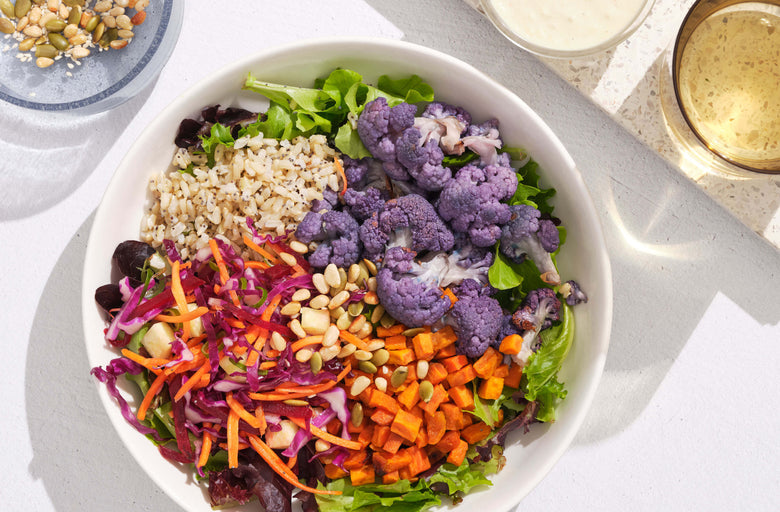As a leading expert, best-selling author and Integrative Gastroenterologist, there’s no better source to explore the crucial link between diet and our microbiome—the ecosystem of bacteria that lives in our digestive system—than Dr. Robynne Chutkan. She’s been sharing her integrative, commonsense approach to digestive health cultivated over 25 years of medical practice.
Like everyone at Sakara, Dr. Chutkan believes health begins in the gut. To help us understand our digestive system better and reveal how a plant-rich diet supports a vibrant, healthy body, we sat down with her to pick her scientific mind.
Why do you personally eat plants?
As an integrative gastroenterologist, I know plants are good for me, but the real reason I eat them is because I feel great when I do. Eating plants—and getting sweaty every day—are my insurance policy for staying healthy.
How do plant-based meals work with your microbiome?
Eating lots of indigestible plant fiber provides food for your microbes! Gut bacteria in the colon ferment the fiber and produce short chain fatty acids (SCFAs) like butyrate, which cells lining the gut wall use as a source of energy to keep the gut healthy.
Do calories really matter?
Diet sodas are a great example of why calories are misleading. Most are zero-calories but can still raise insulin levels and increase your risk of weight gain and diabetes. It’s the nutrient and microbial density of food we should be paying attention to, not the calories. Calories are an artificial construct that can push us towards low-calorie nutritionally empty junk food, instead of opting for higher-calorie, gut healthy foods that can actually provide our body with important nutrients, and help us maintain a healthy weight. I never pay attention to the calories on a package. In fact, I try to avoid packaged foods that even have the nutritional information listed, and opt instead for unprocessed fruits and vegetables straight from the ground at the farmer’s market—no packaging or calorie count required.
How does plant fiber help our guts?
Eating lots of plant fiber helps to create a healthy, balanced microbiome by increasing the prevalence of species like Faecalibacterium Prausnitzii, one of the most abundant species in plant eaters. F. Prausnitzii boosts our immune system, and helps protect against lots of different diseases. Plant fiber moves the products of digestion more efficiently through the digestive tract. A high-fiber, plant-based diet can decrease your risk of developing colon cancer, diverticulosis, gallstones, hemorrhoids, constipation, bloating, acid reflux, irritable bowel syndrome, fatty liver disease, and virtually every other gastrointestinal disorder.
What was the biggest change you've seen in your life when you made nutrition the highest priority?
An enhanced sense of physical, mental, and emotional well-being.
What is your hope for the American diet?
I’d love to see more people moving away from processed food, especially processed animal products like deli meat and hot dogs, which are huge risk factors for stomach cancer, and moving towards simple vegetable dishes, which are inexpensive, delicious, easy to prepare, and make you feel great.
What's the biggest myth about plant-based eating you'd love to bust?
That you don’t get enough protein—plants have plenty of protein - 100 calories of broccoli has more protein than 100 calories of steak!
100 calories of raw broccoli—1 bunch, or approximately 6 cups—contains more protein than 100 calories, or 1.3 ounces, of beef.
100 calories of raw broccoli contains more protein than 100 calories of beef—the serving size is the difference. In volume, it’s approximately 6 cups of broccoli versus 1.3 ounces of beef.
Plus, so many of the diseases people suffer from are associated with a diet too high in animal protein, like cardiovascular disease and many forms of cancer. People should be worried that they're not getting enough plant fiber, instead of worrying about getting enough animal protein.
What do you always have in your pantry/ fridge?
Fresh ingredients for my favorite Gutbliss green smoothie: kale, collards, spinach, parsley, mint, lemons, mango, and some coconut water.
What are your favorite plant-based meals or ingredients, and why?
I love sautéed callaloo, a hearty green that’s popular in Jamaica, where I’m from. I chop the whole plant up, stems and all, and sauté it with garlic, onion, habañero pepper, and a little olive oil. So good. And 5 grams of protein in just 1 cup!






